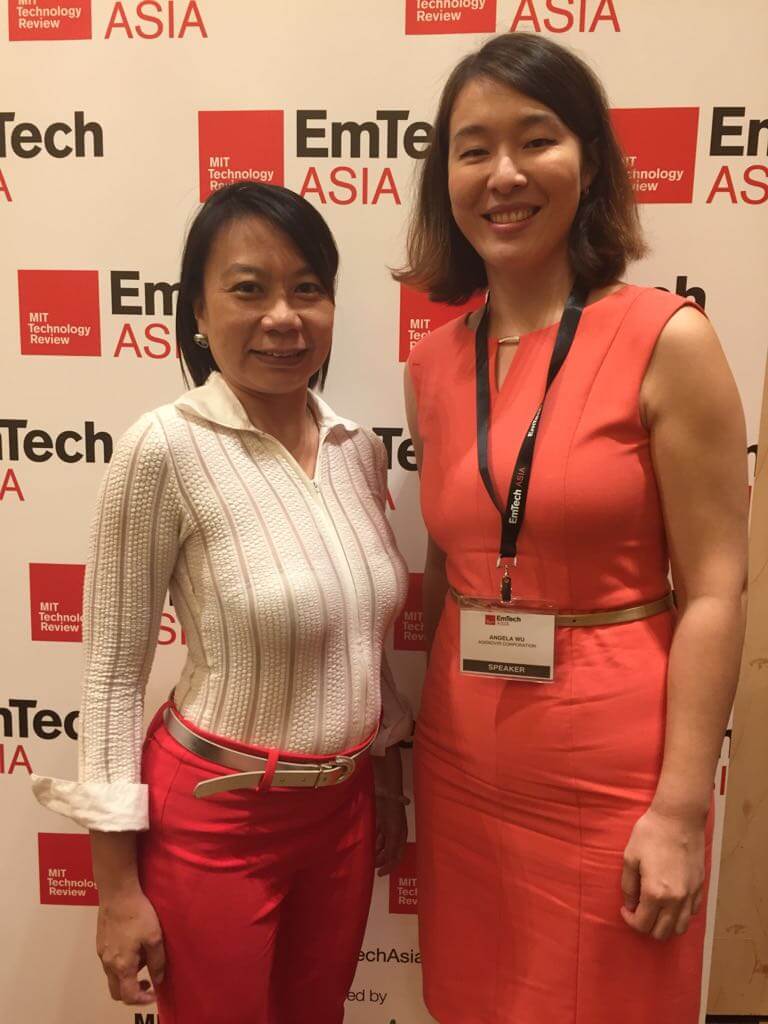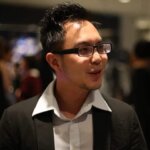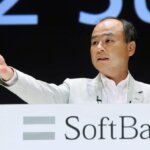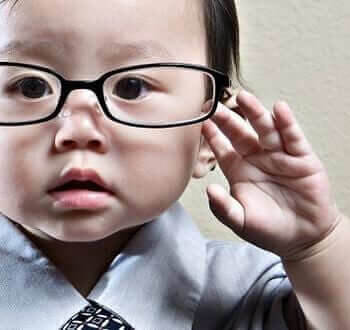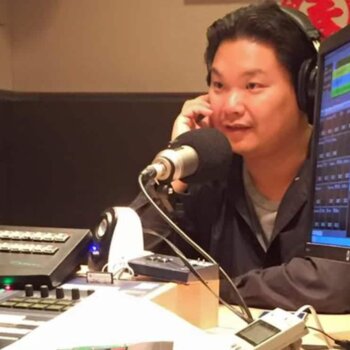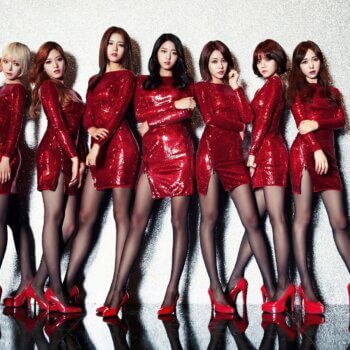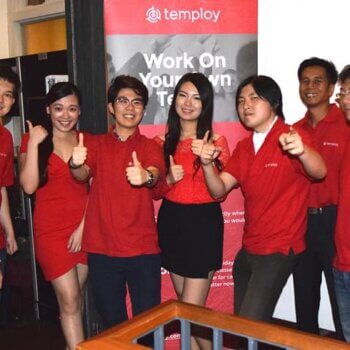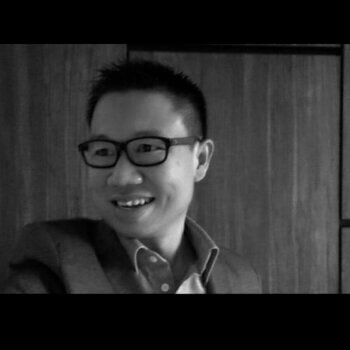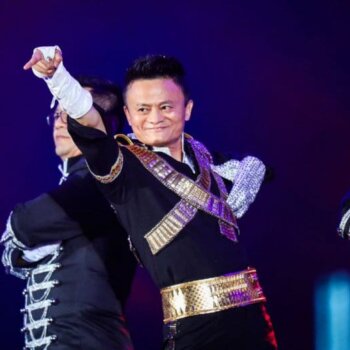(Women on Top in Tech is a series about Women Founders, CEOs, and Leaders in technology. It aims to amplify and bring to the fore diversity in leadership in technology.)
I met Angela Wu, Founding Member at Agenovir Corporation at EmTech, Singapore 14-15 February. EmTech is the annual global emerging technologies conference hosted by MIT Technology Review, the world’s oldest and most respected technology publication since 1899. This unique event has grown into a global community which runs in the United States, Europe, South America, India, Hong Kong, and Singapore. It is the world’s most important conference on emerging technologies that matter.
She was one of the finalists of the Innovators Under 35. Assistant Professor in Hong Kong university, she is working on single-cell genomics, microfluidics, and other biotechnology development. Highly interdisciplinary work that bridges engineering and basic biology, with the goal of eventually translating some into the clinic/industry,
What makes you do what you do?
I have a general curiosity and like to learn. My interest has always been in science. Since biology can be perceived as rather esoteric at first, I enjoyed bio-engineering as well as it applies engineering solutions to the basic science. So, I became a Bio-Engineer.
When at UC Berkeley, Professor Luke Lee accepted me into his lab and I really enjoyed it.
How did you rise in the industry you are in?
I had the support of many mentors, including. My father who is also an academic and provides me invaluable advice and support. One thing I did realize that helped me to advance myself, was that women need to take the extra effort to ask for what they want. I totally agree with the book “Lean In” by Sheryl Sandberg. Women are often shy to ask for what they want or need in their careers. I learned and trained myself to ask even when I may feel hesitant.
One example was when I wanted to do an internship in Management Consulting in the middle of my Ph.D. programme. Even though it was unconventional and not really aligned with what I was supposed to be studying, I had to go ask and fight for the opportunity because I felt it would be good for me. It introduced a different side of the world to me. The skills during that internship helped me tremendously, especially now that I am in the start-up advisory role. So, I believe there are lots of opportunities to learn and advance, but sometimes we have to fight for them.
Why did you take on this role/start this startup especially since this is perhaps a stretch or challenge for you (or viewed as one since you are not the usual leadership demographics)?
From the beginning, I was already a non-conventional engineer or scientist. I am not a person who keeps to myself or a person who doesn’t understand people, like how scientists are portrayed in the comedy sitcom, The Big Bang Theory. I have always been extroverted and social, am organized and am comfortable in people-facing roles, and leadership roles.
Founding the startup was something new for me, and also allowed me to explore leadership positions outside of academic science. This entrepreneurial opportunity allowed me to experience different roles in a short amount of time. To me, this is exciting and fun. Also, many of these skills cross-over to how I now manage my academic laboratory.
Eventually, I want to start another company. So, this previous experience with founding Agenovir has prepared me for the future.
Who are the other mentors you had?
As mentioned earlier, my father is my life mentor. Even now, he is still providing me with advice, as well as support.
The second mentor I had was my Ph.D. advisor, Prof. Stephen Quake. He is a super inspiring person and I really admire him a lot. He taught me how to turn lab research into real products that can impact people in the world through commercialization. There are very few people in our field who is as successful as he is at commercializing his academic findings. Steve is also my co-founder at Agenovir.
On the business side, my mentor is my other co-founder Bruce Hironaka, previously CEO and Board of Directors of Agenovir. He is currently retired but has a lot of wisdom about the business world, leadership, and entrepreneurship. He is the mentor who taught me the ropes for the business side of starting a new company. Bruce took me under his wing and we continue to keep in contact. He clarified many of my non-science questions, especially those questions from the business side. Even today, I often seek his advice on how to manage my academic lab and how to be a good leader. He is also a great advocate for women, and actively mentors women like me so that we can go further in our career.
Both of my mentors, Steve and Bruce, wrote recommendations for me for the nomination to Innovators under 35 for EmTech Asia.
Have you ever gone after a mentor not consciously?
I do not usually go after a mentor formally. I do not feel there is no need to “go after” mentors; the mentor-mentee relationship happens quite organically. You can find someone you look up to and just try to have interactions with them, such as asking for their advice or opinion on questions you are unsure about. If that person offers you their time and advice, you will naturally feel supported and empowered.
Now as a leader how do you spot, develop, keep, grow and support your talent?
I try to encourage women to pursue even when they have doubts. For example, I recently met a female student who was very excited about my lab group’s projects. However, when I asked her if she wanted to join my lab group, she said that she didn’t feel confident because she is not from the same scientific background, and she wasn’t sure she could make it in my group.
I told her, “If you already made it so far, why are you doubting that you can’t do the next thing you want? Take that little leap of faith, and have confidence in yourself and your abilities. You can go home, and think about the offer some more before you reply me.”
This student didn’t even hesitate, and immediately said yes. All she needed was a little bit of confidence and encouragement. Now, she is a final year undergraduate student who will join my lab as a Ph.D. candidate in a few months. She is a very motivated and talented lady. However, she still needs to build confidence to believe in her own abilities.
What is your take on what it takes to be a great leader in your industry and as a general rule of thumb?
I think one example of a great leader in my industry will be my mentor, Bruce. He treats everyone with respect and in the way that you want to be treated. He does not fit the stereotype that all leaders are brutal and aggressive, despite many business cultures which will give this impression.
What it is that is making you tick?
In terms of leadership, I try to be an empathic leader of my research group and also to take their perspective. This helps me understand where they are coming from, which allows me to clarify their doubts and pain points. I generally tend to encourage the team, even when mistakes are made. I think it is not productive to just get angry and make them work hard without letting them understand the mistake and learning from it.
Of course, I am just starting out, so I am not so sure if I will be successful with this leadership strategy but I am still figuring it out. I am by no means an expert qualified to give advice.
What does Angela Wu and her research group as an STEM innovator think about everyday?
Our body contains trillions of cells, and each one contains a copy of our genome, our body’s instruction manual, telling the cells what to do, how to function. Using modern DNA sequencing technology, we can now study how our genomes dictate the functions and malfunctions of our organs and tissues. Until recently, we have studied our organs and tissues by looking at the average state of millions of cells from the organ. This is like trying to understand a country by looking at average data of the citizens of that country. We know the average age or average height of the population, but we don’t know what each individual is doing. Just like people have different jobs in a society, different cells also have different roles in an organ. Rather than viewing each cell as the average of millions of cells in an organ, we need to better understand them at the individual, single cell level. My research group creates technologies like microfluidic chips (image below), to allow us to isolate and read the genomes of each of those trillion cells in the body – Rapidly, accurately, automatically, and at scale. Using these technologies, we want to create a Human Cell Atlas – A Google Maps of the human body that catalogues the location, function and role of each of the trillions of cells in our body.
If anyone wants to ask anything about the fields I’m in, you can contact me.
To learn more about Agenovir Corporation, please see https://www.agenovir.com/.
I am a huge fan and cheerleader of Women Leaders — If you know of an AMAZING Woman Founder, CEO, Leader in Tech or you are one yourself — Write me here.
AMPLIFY Conscious Business Leadership with me.
